The inception of The Royal Academy of Music goes back to 1822, so two hundred years later, tonight’s performance was a celebration of the academy’s bicentenary birthday, with a triple bill of operas centring around stories of the struggles of women, and which includes two shorter operas before the interval and one outstanding new contemporary work after the interval. Before the interval are two stories from very different perspectives of the same woman, Ariadne, a Cretan princess in Greek mythology who is best known for having helped Theseus escape the Minotaur but being abandoned by him on the island of Naxos.
The first of the two, ‘Lamento d’Arianna’, is Monteverdi’s powerful vocal writing which takes us to the heart of Ariadne’s pain and anger of being abandoned. Lamento d’Arianna is the surviving piece of L’Arianna, the lost second opera by Italian composer Claudio Monteverdi, first performed in 1608. All the music from L’Arianna was lost apart from the extended recitative known as “Lamento d’Arianna” (“Ariadne’s Lament”), which was performed first tonight by Sophie Sparrow, who’s voice was rich and passionate. The performance was supported by three lute players on the right-side of the stage, led by Elizabeth Kenny. Whilst short, it was a fantastic and moving opening of the three operas, which was fitting for the bicentenary, since it went back to the very beginnings of opera.
From the passionate opening opera, next came a modern take on Richard Strauss’s ‘Prologue to Ariadne auf Naxos’, where we have Strauss and librettist Hofmannsthal dance around the story with a meta-theatrical narrative – a story about putting on a production. It is a humorous interpretation of opera itself, and the chaos which surrounds an opera production. At a sumptuous home, two theatre troupes are preparing for their performances: a commedia dell’arte group, led by the comedienne Zerbinetta, and an opera company presenting a serious opera, Ariadne auf Naxos. The Major-domo announces that, to save time, both entertainments must be performed simultaneously. Hilarity and chaos ensue.
The final opera of the evening was a world premiere and new commission, ‘Witch’, with music by Freya Waley-Cohen and libretto by Ruth Mariner. The opera follows two women’s struggles in different eras. Both stories are set in separate centuries whilst told simultaneously, as interweaving and overlapping stories in terms of their respective struggles.
In the first of the two interwoven stories is the protagonist, Sarah, a modern-day teenager who is bullied at school, and finds solace online after making friends with two witches who introduce her to a witch’s coven. The coven is reinventing the concept of being a witch from the historical idea of a witch to one of being emancipated from the men who misunderstood their power then and now. The new friends find power in reclaiming the word ‘witch’, at a time when the group of witches are routinely harassed by online trolls in today’s online world of social media.
The stage cleverly includes a backdrop video screen which displays the Sarah’s social media feeds which the audience can follow and images of modern-day life.
Sarah’s story is interwoven with a second story, about Jane, a sixteenth-century Scottish healer in the 1590s in a small town in Scotland and the two go back and forth. Jane’s world is one that is much darker one, where Jane is trapped by circumstances, and is viewed with suspicion as a potential witch, oppressed and persecuted by the accusations of the patriarchal men of the age who demand to know the origins of her power.
PEOPLE
- Ryan Wigglesworth – conductor (Prologue to Ariadne auf Naxos/WITCH)
- Elizabeth Kenny – musical director (Lamento d’Arianna)
- Polly Graham – director
PROGRAMME
- Monteverdi – Lamento d’Arianna
- Strauss – Prologue to Ariadne auf Naxos
- Freya Waley-Cohen – WITCH (world premiere)
VENUE
The venue is the Susie Sainsbury Theatre at the Royal Academy of Music on Marylebone Road, which opened recently in 2018. It’s a stunning theatre which provides the students with world-class facilities, replicating professional performance conditions year-round. The staff were friendly, welcoming and very helpful with my many questions about the new theatre since it was my first visit. I look forward to visiting this venue again in future.
The Royal Academy of Music in London, England, is the oldest conservatoire in the UK, founded in 1822 by John Fane and Nicolas-Charles Bochsa. It received its royal charter in 1830 from King George IV with the support of the first Duke of Wellington.
Royal Academy of Music
Marylebone Road
London NW1 5HT
A fantastic triple bill and a talented cast - a triumph!
Summary
Tonight’s performance at The Royal Academy of Music was a celebration of the academy’s bicentenary birthday, with a triple bill of operas centering around stories of women, which includes two shorter operas and one outstanding new contemporary work after the interval. A fantastic triple bill and a talented cast – a triumph!

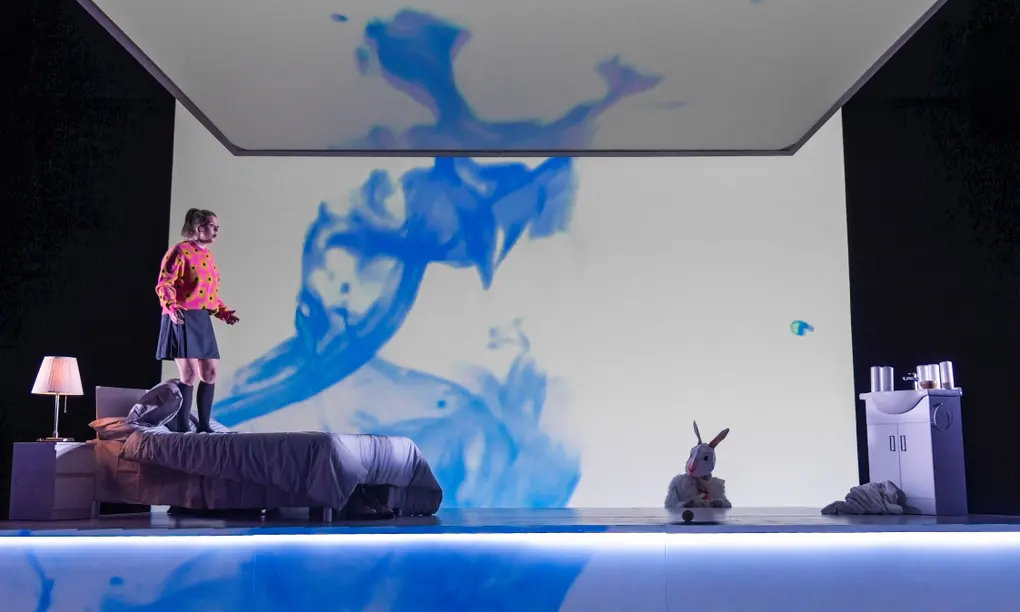
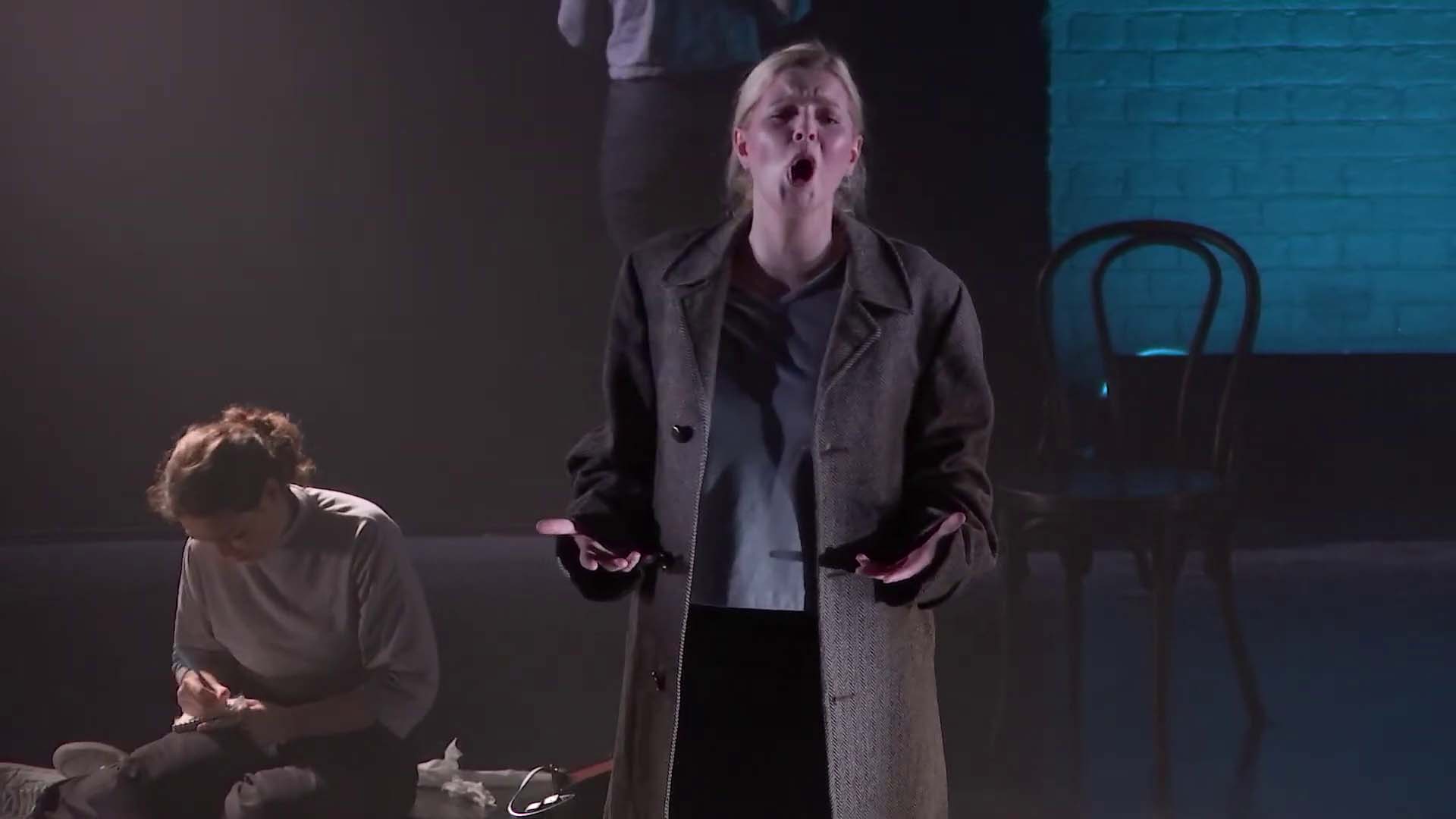
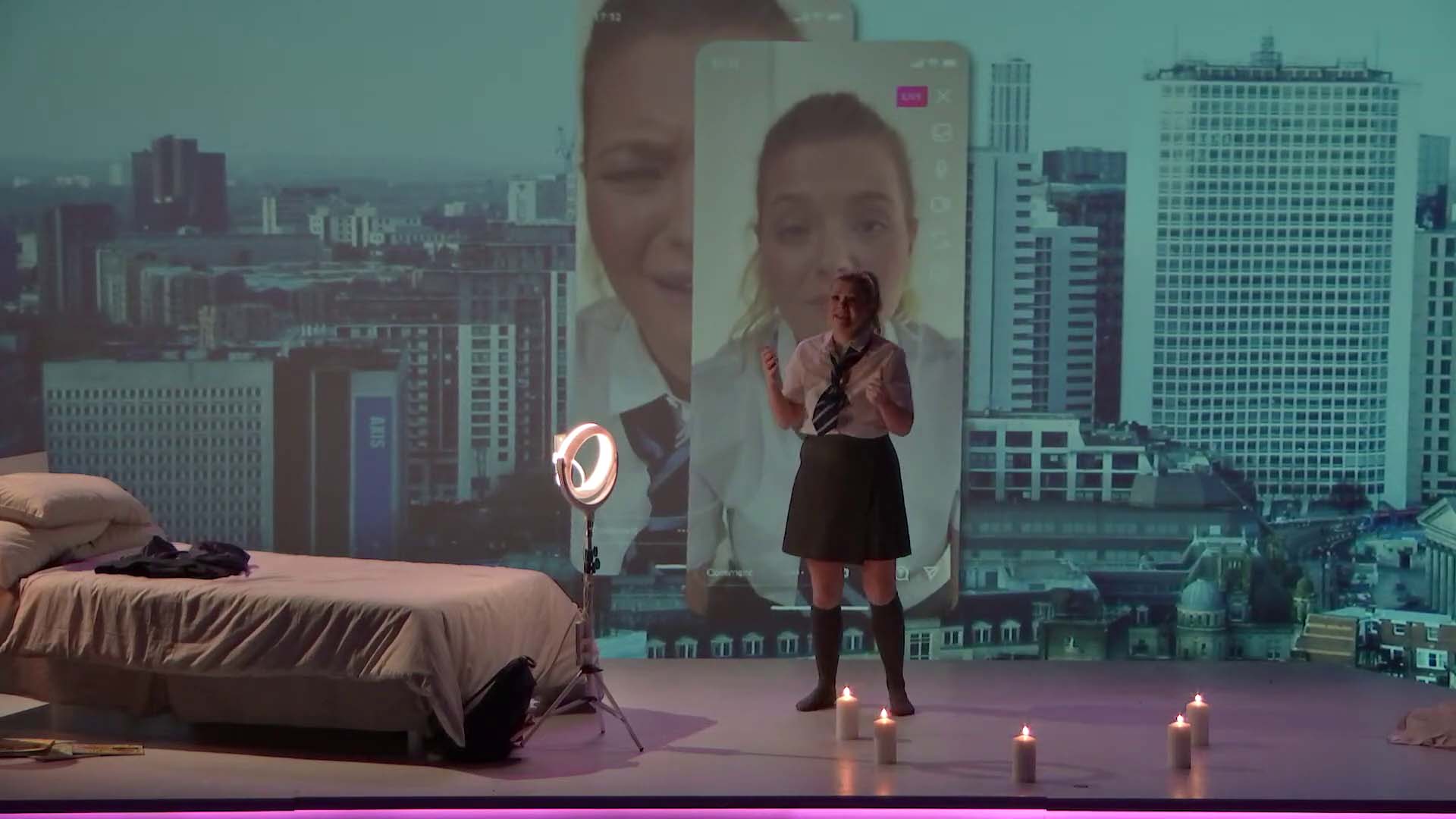

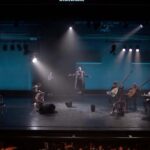
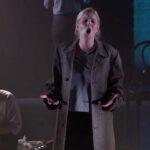
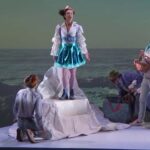
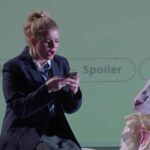
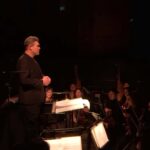


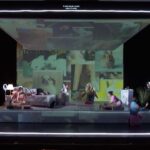
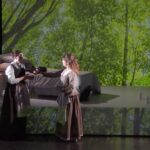

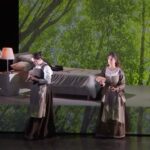
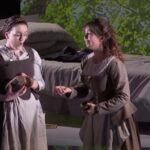



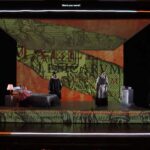
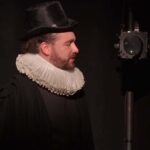
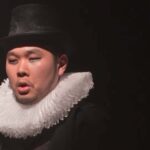
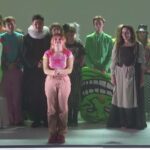
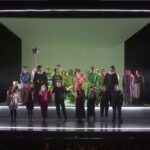
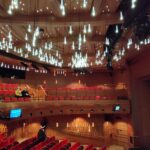
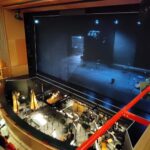
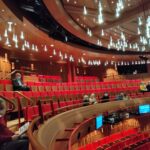
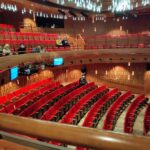
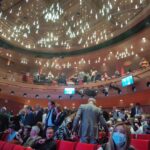
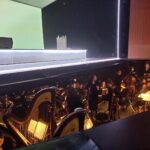
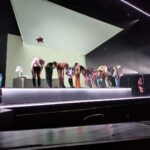
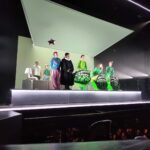

![[L-R] Nardus Williams, Idunnu Münch, Frederick Ballentine, Soloman Howard - Seven Last Words - English National Opera - London Coliseum - © Lloyd](https://theatrelife.co.uk/wpcontent/uploads/2022/04/Seven-Last-Words-English-National-Opera-01-100x100.jpg)
![[L-R] Nardus Williams, Idunnu Münch, Frederick Ballentine, Soloman Howard - Seven Last Words - English National Opera - London Coliseum - © Lloyd](https://theatrelife.co.uk/wpcontent/uploads/2022/04/Seven-Last-Words-English-National-Opera-01-300x200.jpg)
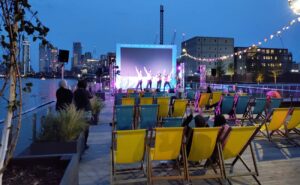
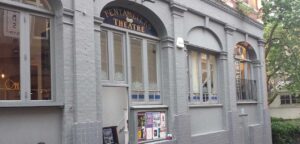









Add comment